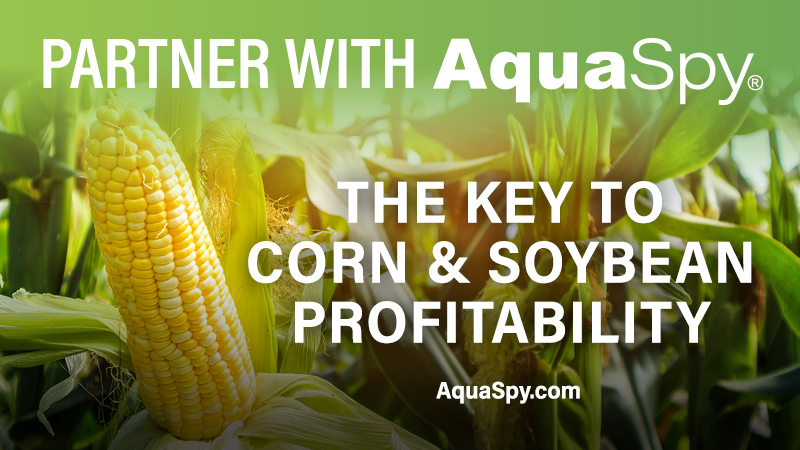Inside Deal: Amazon Ventures Into the World of Leafy Greens

Less than two years after investing in climate tech startup company Hippo Harvest, Amazon is now selling the company’s first line of leafy green lettuces, which are grown using 92% less water and 55% less fertilizer than conventional produce, according to Hippo Harvest. The lettuce mixes are farmed using machine learning and robots that operate in greenhouses close to the customer base.
The collaboration is part of Amazon’s broader commitment to address climate change by supporting new climate technology companies through its Climate Pledge Fund. The Fund invested in Hippo Harvest in 2021 to help the company scale from a small startup to a commercial-sized operation that can provide new grocery options for consumers.
Hippo Harvest’s growing process addresses several global warming factors, including mass land and fertilizer use, carbon emissions from-long distance food transportation, and the release of methane gas from wasted produce thrown into landfills. These factors account for nearly 30% of the greenhouse gas emissions related to crops grown for human consumption.
Amazon Fresh online customers in the greater San Francisco area are able to purchase the Hippo Harvest spring mix, gourmet lettuce blends, and baby romaine, which are grown with no pesticides and packaged in 100% post- consumer recycled plastic.
“Climate change is already impacting how we eat. As water continues to disappear from our agricultural communities, we need solutions that give farmers the ability to make the best use of our natural resources, and ensure everyone has access to fresh produce,” says Kara Hurst, Amazon’s Vice President of Worldwide Sustainability. “Amazon’s collaboration with Hippo Harvest is another step forward in our work to support transformative green technologies while also providing our customers with a broader array of grocery options.”
Hippo Harvest uses a closed-loop, direct-to-root fertilizer system and machine learning to calculate an efficient amount of water, fertilizer, and light needed to produce high-yield crops, which are grown in repurposed greenhouses. Instead of conventional pesticides, the company uses beneficial insects, peppermint oil, and other natural pest control methods.
For more, continue reading at GreenhouseGrower.com.









